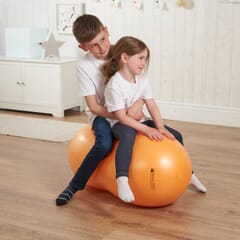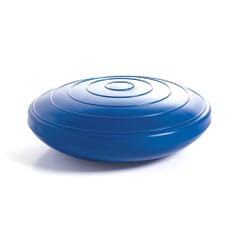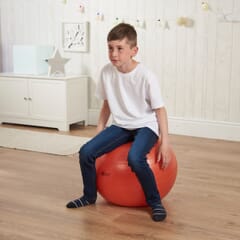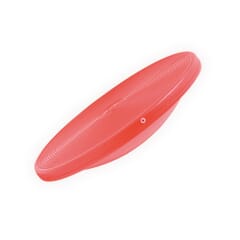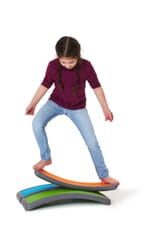Get exclusive deals you won't find anywhere else straight to your inbox.

Benefits Of Sport And Exercise For Individuals With Autism
There are many ways to support exercise for individuals with autism, so they're able to participate in sport.
Physical exercise has a lot of health benefits. Essentially it enhances physical and emotional well-being, boosts self-esteem and helps improve social skills.
People on the Autism Spectrum Disorder (ASD) are more likely to decline on sporting opportunities due to their ‘hidden’ differences.
These can be a mixture of anxiety in social situations and sensory challenges.
They can also be difficulties in interpreting and understanding body language, verbal and non-verbal communication and other social cues.
Regular exercise has many benefits and has been shown to decrease self-stimulatory behaviours such as hyperactivity, self-destructiveness and aggression.
Sport also has the benefit of improving social skills through relationship building with teammates, listening skills and attention span.
Bringing the fun factor into sport makes it less daunting.
Doing arts and crafts, life skills games or playing with their favourite sensory toys, are all activities that help to nurture physical coordination and social skills at home.
They can gradually build their experience and confidence by joining in activities organised by clubs who are more accommodating to their needs.
Choose the right coach who has the experience, qualifications, knowledge, empathy and is ambitious for your child or adult with additional needs.
This will bring out the best in them and give them the best possible experience and outcome.
Having these conversations early on with the coach or team leader helps to educate and ensure everyone involved is supported.
Here are a number of sporting activities that are team-based or individually focused, that may suit someone with autism.
Team Sports Suitable For Autistic Individuals
Swimming Club
Basic swimming strokes and water-play mean this is a more manageable team activity.
This sport works as it still allows for individual competition and group participation.
It's a great way to encourage exercise for individuals with autism.
Athletics
This is another great sport for those with autism to try.
Events relating to track and field, such as running, javelin or long-jump are all activities that mean an autistic person can enjoy individual competition and contribute to the team.
Gymnastics
Speaking from my own experience, gymnastics and trampolining are great sports that will allow those with autism to prosper.
My son Ethan has autism. He used to spend his nights and days bouncing on his trampoline, getting through one standard garden trampoline a year!
It’s something he was so happy doing, so it was only natural to find a way of structuring his bountiful energy.
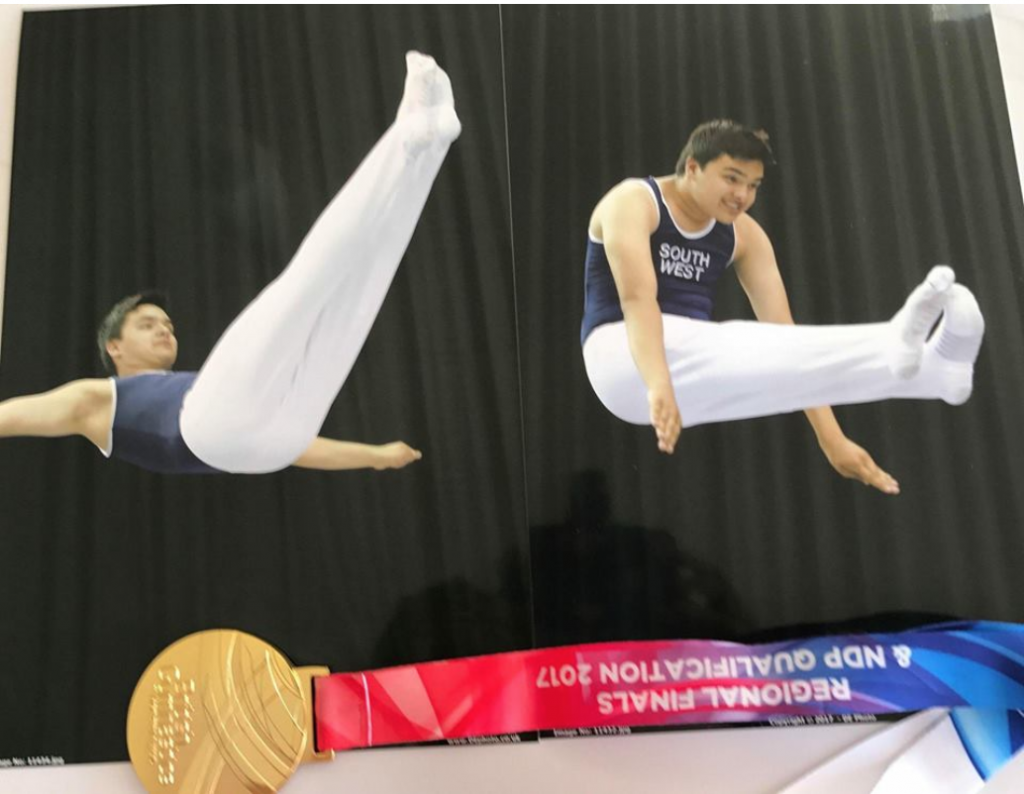
We travel over 60 miles weekly to attend the right club - Aspire Springers Trampoline Club in Gloucester.
Head Coach Dawn and her wonderful team of coaches have, with their dedication, transformed Ethan into an athlete and national champion.
Words cannot describe how good it makes Ethan feel to be part of a team. He has unconditional love and friendship from his peers as well as pride in his achievements.
He leads a fuller life with year-round activities, attending competitions all over the UK and most importantly, has made many friends.
Non-Team Sports Suitable For Autistic Individuals
Martial Arts: there are so many different types of martial arts for individuals with autism to enjoy, such as Karate, Judo, Taekwondo, Aikido and many more.
This activity is great for combining repetition, structure and discipline in a fun and active way and is a great way to encourage exercise for individuals with autism.
Horse Riding
Although this can be a pricey activity, it can be incredibly rewarding to those with autism.
Many autistic children ride horses as a therapeutic activity and often find a different level of communication and comfort.
“The Horse Boy” is a must-read on autism and equine therapy.
Yoga
The mental, spiritual and psychological benefits of yoga are countless.
It’s not a sport as such, but is found to be very beneficial. It has been regularly practised in the east for centuries before the start of a school or working day.
Yoga is an activity that demands mental discipline, mindfulness, balance and core strength.
It could fit easily into a daily routine or form part of a group or family activity.
Tip: When it comes to different sports clubs there are many different types. Approaching a more specialised club catering solely to more challenging needs might work better for some. A hybrid sports club offering a mix of disabled and able-bodied opportunities, or a fully mainstream club can work for others.
Break Autism-Related Isolation Through Exercise For Individuals With Autism
Autism is often a ‘hidden’ disability and if it goes unsupported it can be incredibly isolating.
However, engaging in sports or exercise in small steps, those who have autism can begin to defy many mental health conditions.
For example: anxiety, depression and low-mood can be and are heightened by autism-related isolation.
The National Autism Society have said themselves that ‘‘at least one in three autistic adults are experiencing severe mental health difficulties due to lack of support”.
However, it may well be the case that ‘traditional support’ for autistic individuals may also include participation in sport, exercise and even the social interaction that comes with it.
Encouraging exercise for individuals with autism can be the first step to better personal well-being.
Defence Against Rising Obesity
Several studies claim that children and adults with autism or other forms of developmental disabilities are more prone to obesity.
Obesity can open itself to so many health-related conditions.
Incorporating regular sporting activities of any kind can help to reduce the possibility of developing health issues linked with obesity.
However, understanding and appreciating why autistic children are more susceptible to weight-related issues is important:
- Sensory integration issues and routine disruption
- Limitations on some physical activity can be caused by motor and social impairments
- Having a conversation with a nonverbal person about healthy nutrition and encouraging exercise for individuals with autism, can be difficult
- Weight gain can be linked to autism behavioural medication
Nurturing Self Worth
Engaging in sports or joining sports clubs can give an autistic individual a sense of self-worth and self-confidence through participating in activities alongside other able-bodied people.
Often, children with Autism Spectrum Disorder are reminded (intentionally or not) of all the things they cannot do.
Sport can help show them that they’re still able to do normal things.
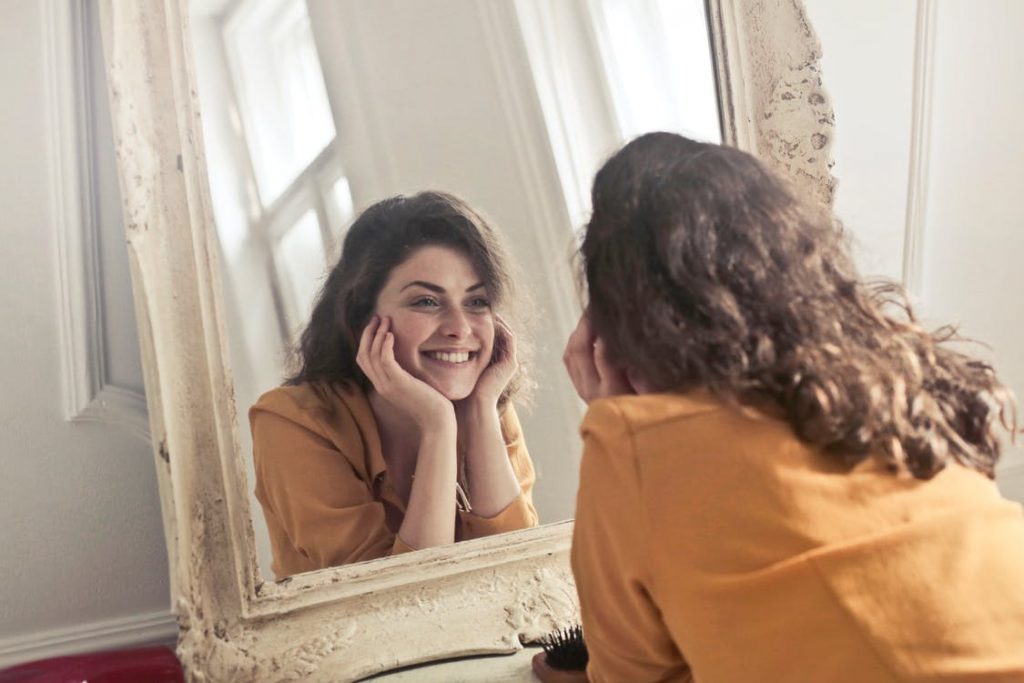
It’s been shown that an autistic individual’s self-esteem strongly influences his or her interpersonal relationships, behaviour, and learning, so it’s something worth nurturing from an early age.
It’s important that those who have autism see themselves as valuable members of society with skills and strengths.
Promoting exercise for individuals with autism is a great place to start.
As a parent of a child with Autism, I try to share any helpful tips and advice I can to help others.
As a company we have dedicated and experienced staff who will do their utmost to help, so please stay in touch!


